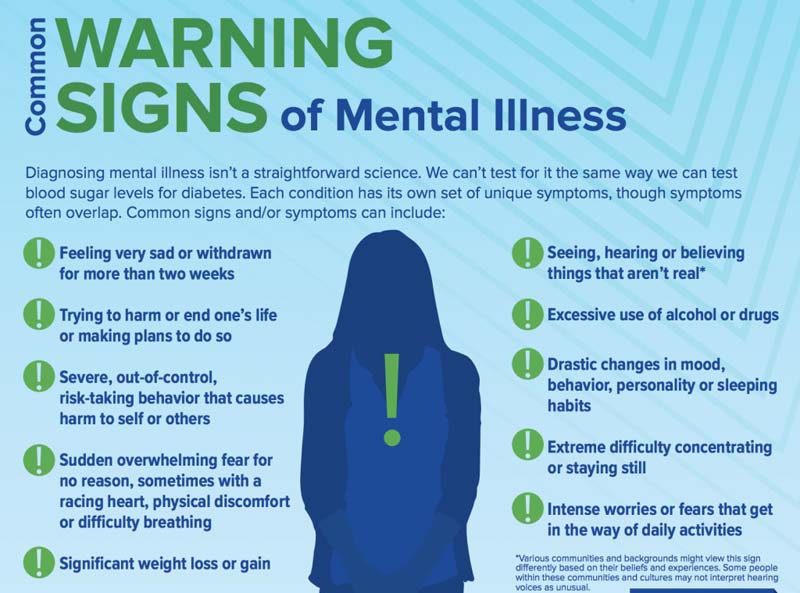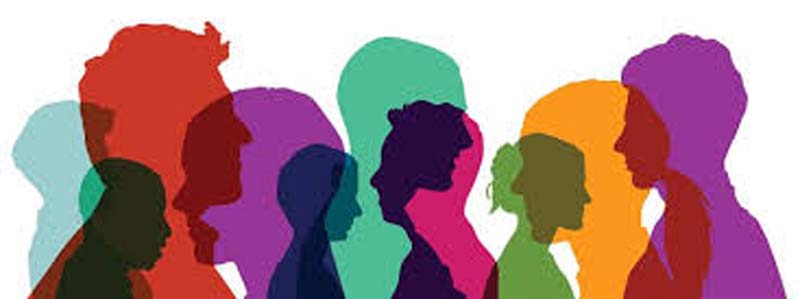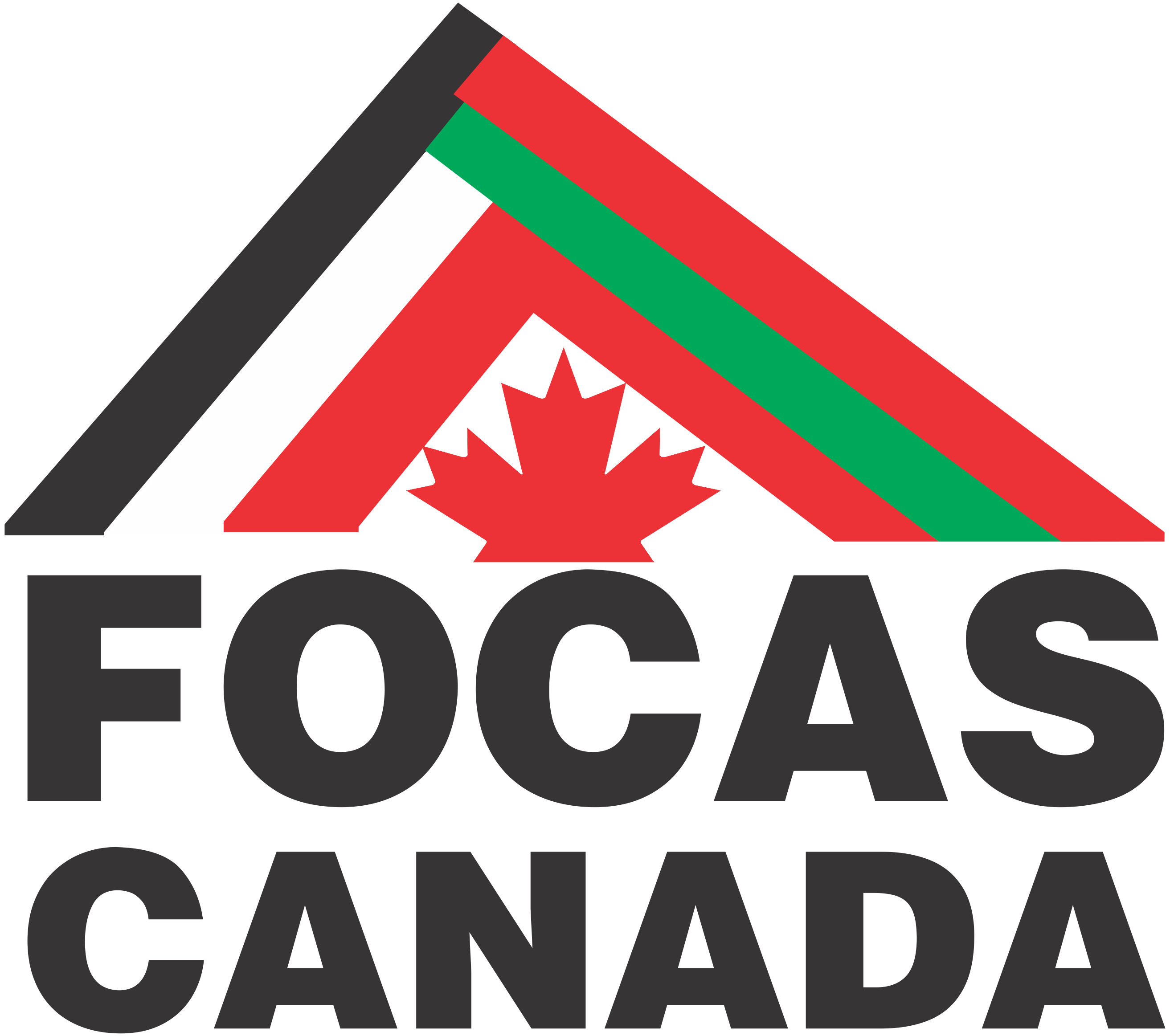Most of our clients came to Canada as refugees after suffering a lot of hardship and trauma. They have been victims of torture and different kinds of repression, abuse, and harassment by their own governments. After they fled their countries, most of them ended up in refugee camps where, because of the overwhelming number of refugees, they received minimum treatment or service for the physical and mental issues they suffer from mental health. The majority flee their home with children and seniors, encountering a lot of health and physical challenges on their journey.
They are exposed to mental exhaustion, hopelessness, anxiety, and depression. Further, the more they stay in the refugee camps, the more they feel their hope for the future deteriorates and their living becomes complicated and they are susceptible to chronic mental health problems. Mental health problem is the experience of what many of FOCAS staff have gone through themselves in refugee camps.
The worst thing, though, is that mental health problems are a subject of taboo with strong stigmas attached among many refugees mostly from east African communities.
There is a saying that affirms mental health is an incurable disease, “A person affected by mental health can only temporarily get better, but not cured at all”.
As a result, most families do not share any mental issues with their own family members, let alone with friends and neighbors. They never tell their doctors that they are affected by poor mental health, although most of our community members indirectly express that they are suffering from post-traumatic disorder and acute mental issues. For instance, if you ask them why they are so easily provoked (hot-tempered), insensitive or have a low drive to life, they simply tell you that they have had a problem since they lost their loved ones, their home, their properties, their spouse, children, or relatives were killed in front of them or since they were tortured.
FOCAS these problems are personal and a daily challenge for us. We believe what has transpired about refugees’ and newcomer’s mental health so far is only a tip of the iceberg. The problems need more attention from government and all stake holders.
Realizing that part of these communities and victims share the same problems, we will do whatever it takes to challenge the mental health stigma and help them to come forward to get the right solutions. As such, we help these people with early resettlement challenges in the form of finding proper jobs, filling information gaps, reducing language barriers through translation and interpretation, advising and counselling; referring them to see their doctor for physical health and mental wellbeing. At FOCAS we know we need to work harder to help more and more people. We have a plan to do more research into the issues and recommend better ways of treating this seemingly pandemic issue among the newcomer and refugee communities we are serving.
To learn more contact FOCAS




